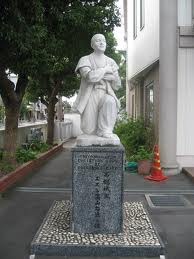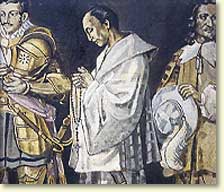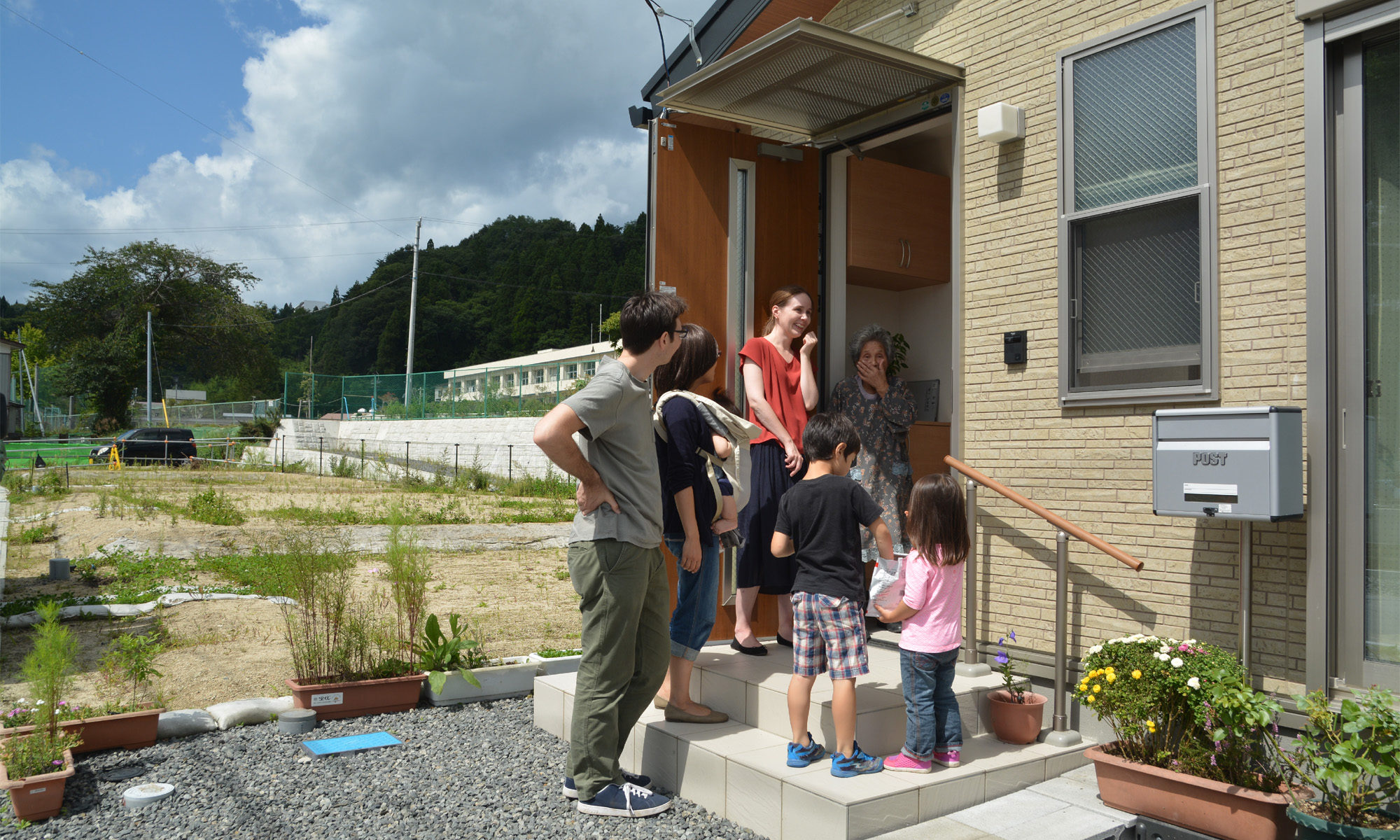(Continued from last week’s article)

Ukon was generally liked and trusted by other samurai lords. Shogun Hideyoshi even gave him promotion by granting him more land to own. Shortly after that, however, Hideyoshi issued a decree in 1587 placing restrictions on Christian activities. Missionaries were forced to leave the country within 20 days and it was stated that it was “inappropriate” to convert the Japanese to Christianity because Japan was a country of the gods. This was the first anti-Christian decree that was followed by more severe ones. Many Christian daimyo’s renounced their faith at this, but Ukon surprised others by choosing to abandon his status as a Daimyo and all his land and riches for his faith. Although he was forced to go into exile after that, there were sympathetic Daimyo’s who provided him with a decent living and protection. Some of them even made him a political and military advisor.

In 1614, with the persecution of Christians becoming as severe as ever, he was finally expelled from the country and boarded on a ship bound for the Philippines. He reached Manila in December and received a hearty welcome by Spanish priests and missionaries who had heard about his perseverance. Exhausted from the travel and the tropical climate he wasn’t used to, Ukon soon became ill in the foreign land and died at the age 64 in Manila the next year. Spanish governor Juan de Silva ordered a huge funeral for Ukon at Santa Ana Cathedral. His family went back to Japan after his death and three families directly descended from Ukon still live in three different parts of Japan today.
